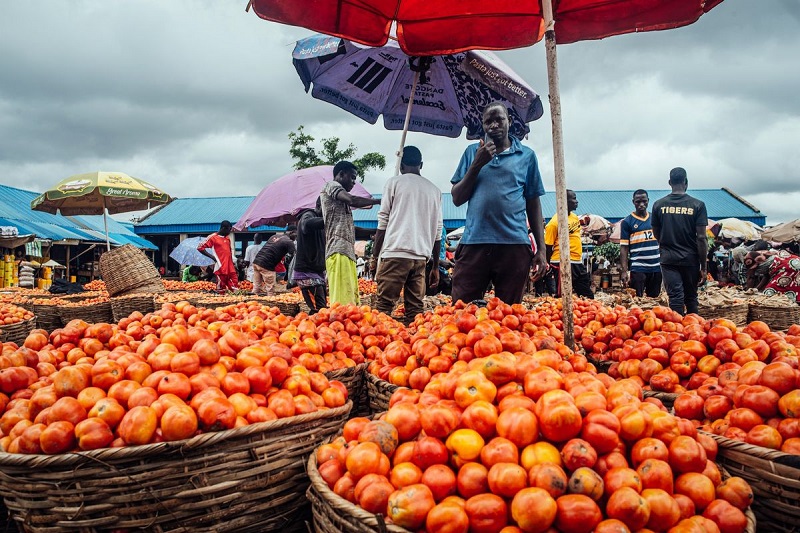Nigeria’s inflation rate surged to a five-year high in June. The National Bureau of Statistics has disclosed in its Consumer Price Index June 2022 report. The worst inflation rate has raised pressure for more interest rate hikes.
Reportedly, the central bank may raise interest rates again next week. Consumer prices rose 18.6 per cent from a year earlier, compared with 17.7 per cent in May, according to the National Bureau of Statistics. The recorded increase in June 2022 is 0.84 per cent points higher compared to the rate recorded in June 2021, which is 17.75 per cent, which means inflation increased to 18.60 per cent on a year-on-year basis.
Increases were recorded in all COICOP divisions that yielded the Headline index. On a month-on-month basis, the Headline inflation rate increased to 1.82 per cent in June 2022, this is 0.03 per cent higher than the rate recorded in May 2022 which was 1.78 per cent.
According to Bloomberg, in analysing price movements for states, the report claimed that Bauchi and Kogi States in Nigeria were suffering due to inflation.
Nigeria’s Inflation
The World Bank recently listed Nigeria amongst the top 10 countries in the world with the worst inflation rate, based on 2021 figures. The inflation is driven by rising prices of bread, rice, wheat, maize and the cost of diesel, which is used to generate power.
Food prices, the major factor for Nigerian inflation, were up 20.6 per cent year-on-year in June. This comes as Nigeria heads for a national election in February. During that time, incumbent President Muhammadu Buhari will step down.
Meta description
Nigeria, Africa’s largest economy, imports many key goods, including wheat, rice, poultry, fish, food services, and consumer-oriented foods. Reportedly, the country relies on $10 billion of imports to meet its food and agricultural production shortfalls.

